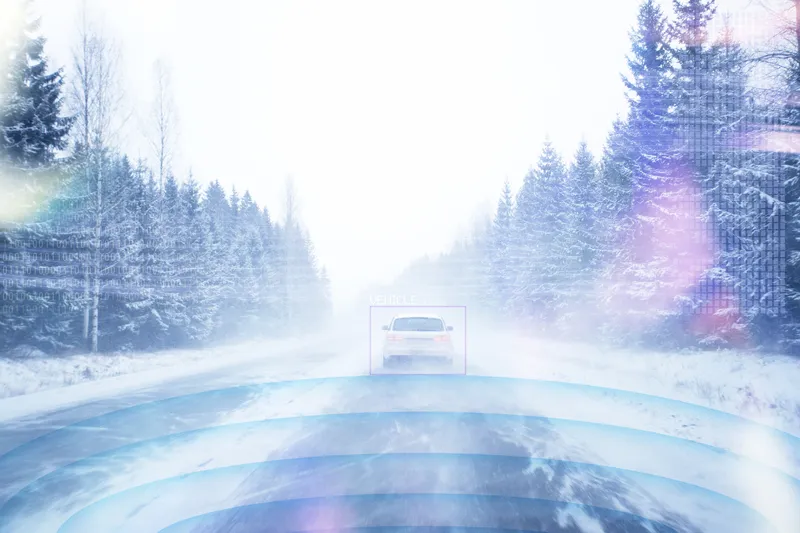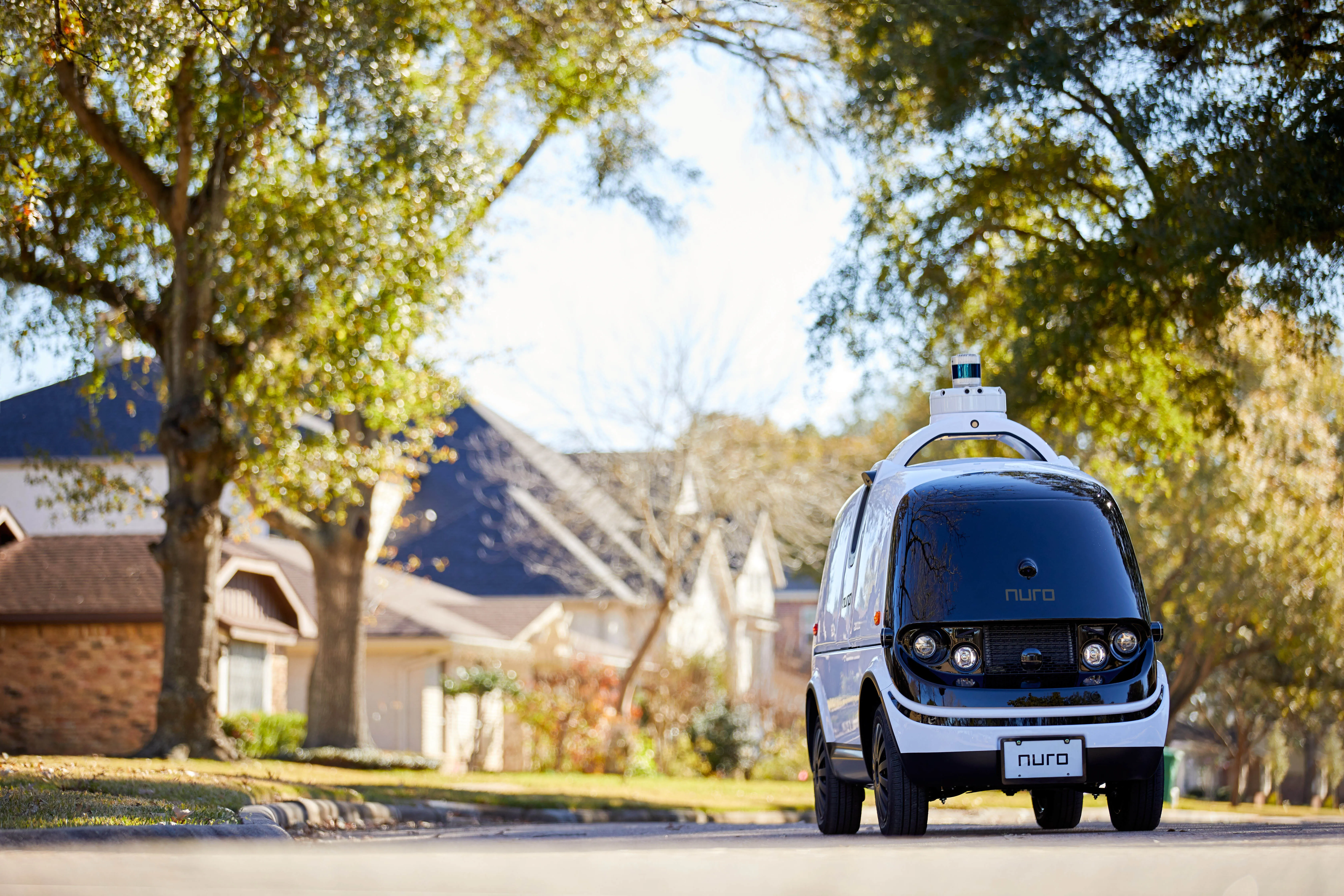
Toshiba has upgraded its solid-state Lidar which it says maintains a maximum detection range of 200m and will advance progress in autonomous driving.
The company is expanding the application to monitor transportation infrastructure, in such areas as early detection of road subsidence or landslides, snow cover or falls of objects onto roads.
Akihide Sai, senior research scientist at Toshiba’s corporate research & development centre, says: “We have secured technologies essential for a compact, high-resolution, long-range solid-state Lidar that is robust and simple to install."
"We anticipate demand for such a versatile technology in both the autonomous driving and transportation infrastructure monitoring markets.”
Current monitoring of transportation infrastructure relies on cameras, but Toshiba points out their performance is degraded by low light and bad weather.
The new Lidar is expected to realise clear, long-distance, robust 3D scanning and object detection in a variety of lighting and weather conditions.
Toshiba achieved a compact Lidar through upgrades to its silicon photo-multiplier (SiPM), a light-receiving chip that consists of light-receiving cells controlled by transistors.
The new chip has a smaller transistor module, and eliminates the buffer layer that protected the transistors with newly developed insulating trenches between the transistors and the light-receiving cells, the firm adds.
The potential issue of low light-sensitivity from using smaller transistors was solved with the addition of a high-withstand voltage section to raise the voltage input to the light-receiving cell.
According to Toshiba, these innovations have reduced the size of the SiPM by 75% while enhancing its light sensitivity by 50% against the July 2020 previous model.
More SiPM can now be arrayed in the same package, which the company insists boosts resolution to 1,200 x 80 pixels, a four-times improvement.
Toshiba is to continue to support safer transportation by promoting its LiDAR technologies for autonomous driving and transportation infrastructure monitoring. Continued R&D is expected to further advance the Lidar’s detection range and image resolution.










